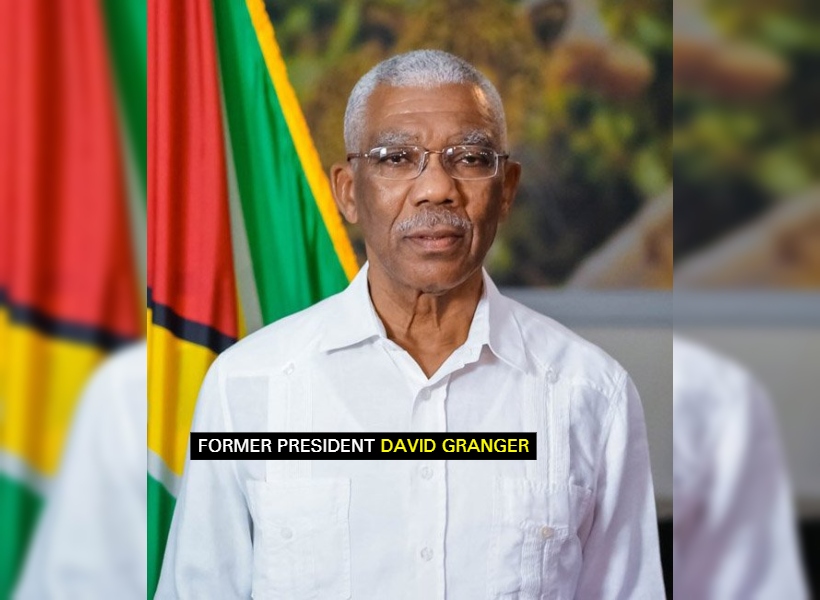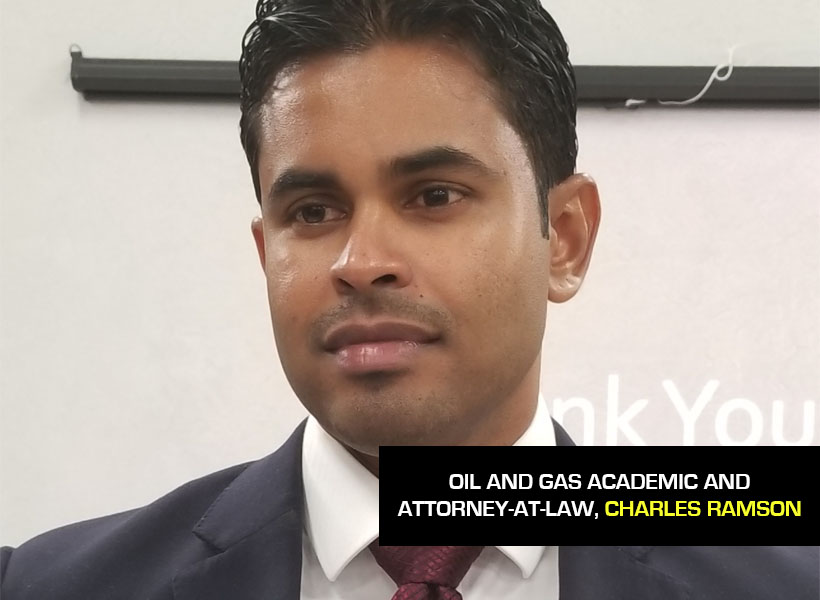If oil companies are to make effective contributions to their host countries, then they must meet recognized international standards in the execution of their projects, even when these are not legally required of them.
This point was recently noted by Chartered Accountant and Oil and Gas Academic, Christopher Ram.
In an interview with the Guyana Standard, Ram said that indeed, extractive companies can play an important role in shaping the general investment climate of the countries in which they operate. He said the behaviour of oil companies can essentially tell future operators “that Guyana is either a place with a lawless investment environment or one where there is a high expectation of transparency and accountability.”
Ram said, “When these oil companies contribute negatively to the investment climate, they entrench mismanagement and corruption. It is therefore imperative that oil companies adhere to the highest environmental, social and human rights standard. They must be made to respect core international human rights standards under the UN Guiding Principles on Business and Human Rights. Tons of research shows that several Exxon resource projects have historically been associated with security responses that have violated human rights. So it is very reasonable to demand more…”
Additionally, Ram said that one of the things oil companies are failing to do is to engage all stakeholders in a transparent manner, in a manner that seeks to build trust.
The Oil and Gas Academic stressed that oil companies should aim to establish effective and honest communications with citizens to ensure that they have a realistic understanding of the effects of resource extraction. He said that where expectations are unrealistically high, or where affected populations are unaware of the costs and benefits of resource projects, there is a danger that grievances and conflicts risks can arise.
Furthermore, Ram articulated that poor understanding of resource projects limits the ability of citizens and companies to work together on activities that may be mutually beneficial. Where possible, he insists that the oil company’s management of expectations should be aligned with government communication plans.
The Chartered Accountant also insisted that oil companies should proactively disclose key information about their activities to ensure that citizens have a realistic understanding of the progress and effects of resource extraction. He said that this is absent and “no one but the government could be blamed for this ludicrous state of affairs.”











